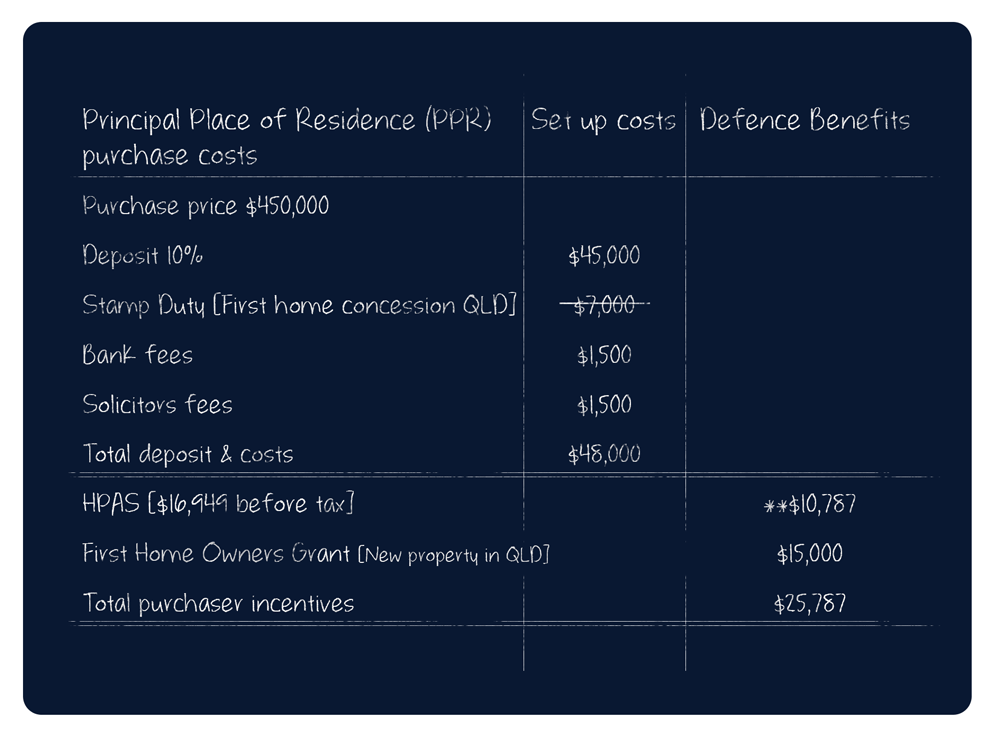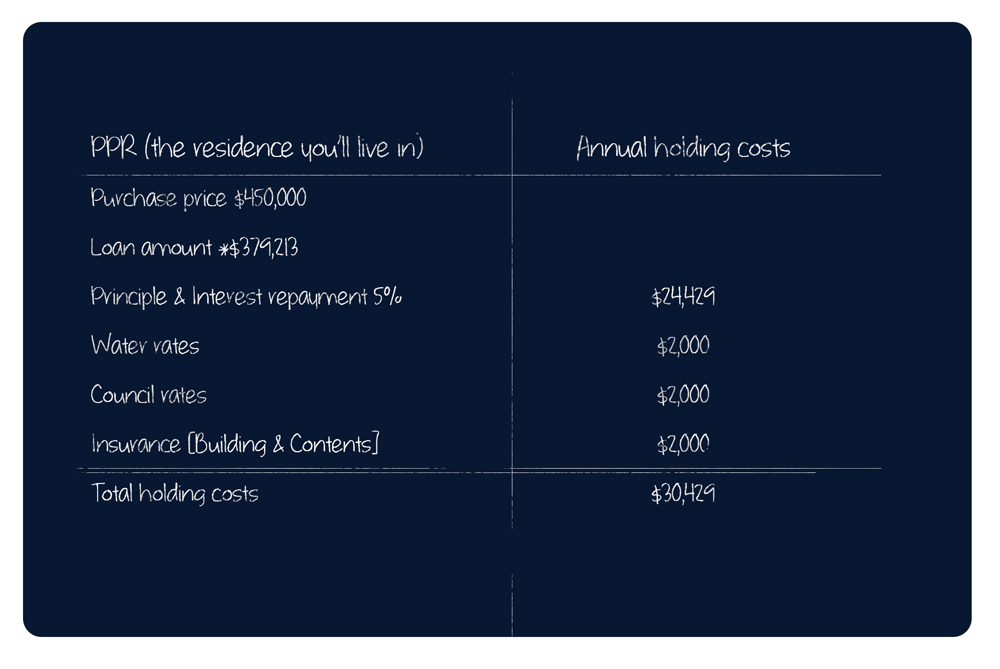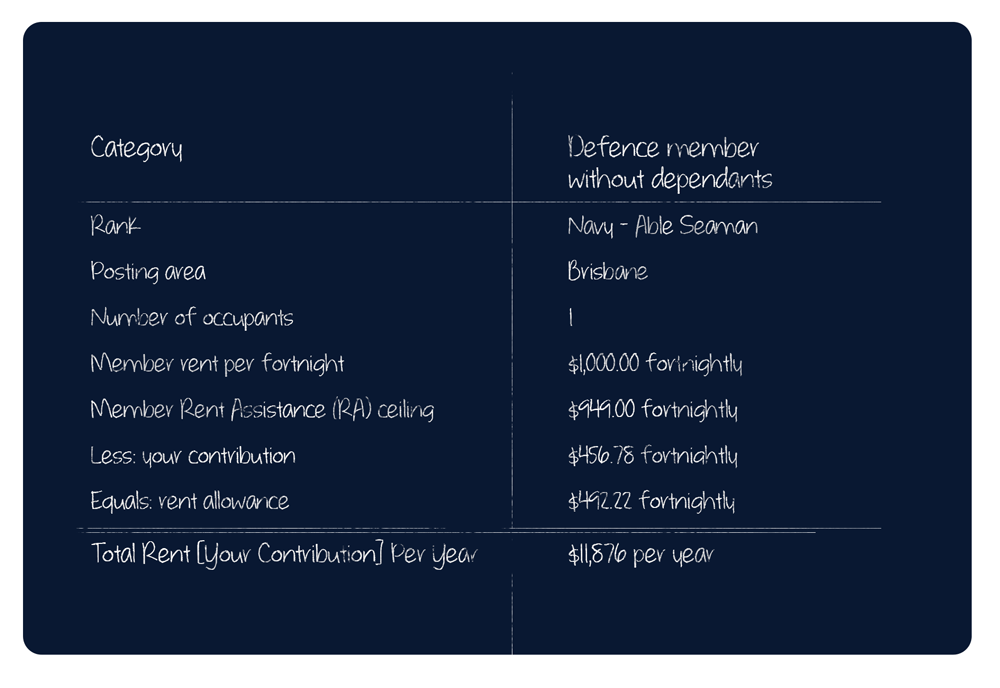Capital Properties buyers agent service
Are you in the Defence Force and are considering buying a property within your posting locality? Or maybe an established investment property? Our buyers agent service will help you find your ideal property and negotiate the lowest price and settlement with ease.
Capital Properties buyers agent service specialises in sourcing all types of property options. We research current market value for owner-occupied properties. We recommend investment properties with higher yield potential, as well as high growth property investments. And we’ll evaluate return on industrial and commercial property and investment properties that have value add potential with subdivisions and renovations.
How our buyers agent service works
Meet with one of our Capital Properties buyers agent experts for a Free Discovery Session and we’ll give you a taste of what it will be like to work with us. If you like what you see – and we’re confident that you will – we’ll grab your information and determine your borrowing capacity. Then we’ll follow up with a second meeting, or “Strategy Session”.
During this Strategy Session, we’ll ask questions like “How much do want to be worth when you retire?” and will develop a strategy to help you achieve your goals. Once we’ve nailed your criteria and agreed a plan, we’ll help you complete an engagement letter and contract to buy.
Then we find the most suitable property candidates and present you with the best options.
Although we have a 3-month buyers agent service engagement period, we’ll check in with you weekly for updates and to discuss options.
What you get with Capital Properties buyers agent service
We offer full buyers agent services to help you find the ideal property. No stress. Just results.
This includes:
- Strategy development and practical advice.
- ‘Wish list’ analysis to determine needs vs wants.
- Relevant research reports including RPdata, Forecast Id and Council Site Maps.
- A short-list of suitable properties.
- Evaluation of recent sales data with written appraisal.
- Skilled negotiation of property purchase price and terms.
- Liaison with mortgage broker and settlement agent to effect finance approval/settlement.
- Pre-settlement inspections.
- Overseeing contracts and exchange.
- Asset/property management/leasing
- Due diligence management: building and pest inspections, surveys, and engineering reports
What is a buyers agent?
Buyers agents are licensed professionals who specialise in locating, evaluating, and negotiating the purchase of property on behalf of buyers. They do not sell real estate. They are engaged independently and paid for by the buyer to act on their behalf. Whereas a selling agent can accept a commission from both parties in the same transaction, a buyers agent can only legally act for the buyer.
Benefits of using a buyers agent service
Get the edge in a competitive market. Having your own property professional representing your interests throughout the purchasing process saves you:
Time:
- Your property professional will search for and analyse property on your behalf.
- Buyers agents have access to databases and information not readily available to the public, including off market opportunities.
Money:
- You can rely on your buyers agent to source the correct property, in the right location, with better prospects for capital growth and/or rental yield.
- A buyers agent will negotiate to obtain the very best price and terms.
Stress:
- You’ll have one dedicated representative looking after your needs, rather than having to deal with several different selling agents.
- Experienced buyers agent services will make sure you avoid any property pitfalls.
To get started now, call us on 1300 653 352 or fill out the contact form and we’ll get back to you ASAP.
Australian Prudential Regulation Authority (APRA) are changing the debt servicing calculator which means you can potentially borrow more from the bank. Previously banks had to assess you at a higher rate which allowed for a buffer (7.25% interest rate), now they are not bound by that and the banks have the discretion around this. It means you could borrow a heck of a lot more – up to 20%-25%.
Find out how you can benefit from these changes here.
‘Outside of CBA this is the first major bank that has allowed I/O repayments > 80% for the past 18 months. It’s a good sign that the banks are slowly relaxing their lending criteria’ – Chris Raymond – Investment Lending Specialist
ANZ Media Release:
Effective Monday 25th March 2019, ANZ will be making the following changes to Residential Investor Interest only lending.
- Interest only availability for investment lending will be increased to a maximum 90% LVR for new and increased lending.
- The maximum interest only period will be increased to 10 years for investment lending.
Why are we making these changes? - In response to APRAs responsible lending guidance in 2017, ANZ made a series of policy changes to manage the growth in Interest Only (IO) and Investor lending.
On recent review, we have made a decision to increase our focus on the investor market. The upcoming changes demonstrate our continued appetite in the investor market, whilst ensuring we remain in line with our APRA requirements.
Homes for Heroes – Help for Vets in Need
By ordering Property Investment SOPs you’re helping transform homeless ex-service families’ lives.
By buying this book, you’re helping young ex-service people and their families’ move from homelessness back into civilian life.
Pre-Order Property Investment SOP here.
Shamefully, there are over 3,000 men and women who defended your and my home, only to face into homelessness in the challenging transition from discharge to civilian life.
We want to change this.
We aim to be a part of the solution by giving 100% of the proceeds of the sale of this book to Narrabeen RSL LifeCare and their incredible Homes for Heroes program (rsllifecare.org.au/young-veterans).
You’ve just joined the Capital Properties’ mission to fulfil an important calling.
Can you even imagine what it’s like to have no home? Sadly, homeless war veterans are getting younger and younger.
The Homes for Heroes program is getting young Australian war veterans back on the road to recovery from post traumatic stress disorder. The Program is achieving this by providing accommodation options and a whole range of support services to help homeless ex-service people return from living off the streets, back into society.
Congratulations. You’ve just got personally involved in a cause which touches all members of the Australian Defence Force – current and past. Your payment for this book will help fund much needed special support programs and service to help ease the shift from discharge, to civvy street.
You can help raise awareness and transform lives for the better.
Please help raise awareness by jumping onto your favourite social media and tagging:
I support #Homes4Heroes https://rsllifecare.org.au/young-veterans/
Hop onto Facebook and ‘Like’ and then ‘Share’ the Facebook page and ask friends to do the same:
https://www.facebook.com/homelessvetsoz/
Help is at hand if you need it right now.
If you’re in an emergency situation, please call Homes for Heroes on 0408 928 432 right now.
Thank you endlessly.
We would like to take this opportunity to acknowledge the strength, courage and dedication of all our Australian service men and women in defending our homes. Thank you. Thank you. Thank you.
Please make your enquiries to [email protected] | www.capitalproperties.com.au/Contact with the subject line: Property Investment SOP, Pre-Order.
Pre-Order Property Investment SOP here.
Kindest regards from all of the Capital Properties’ team.
Great news the Capital Properties Team is doing a road trip to Perth and would love you to join us at our exclusive investor evening.
Whether you are already an investor or just thinking about entering the market, this is the event for you.
– find out where the investment opportunities are in the Perth market.
– learn how to successfully invest interstate.
– discover how Mum & Dad can help you invest in Perth if your deposit isn’t quite there.
– unlock expert assistance with property management.
It’s a new financial year and a good time to think about your financial future and perhaps evaluate the goals you’ve set for yourself in 2017.
Enquires are to be directed to [email protected] | 02 92229444







